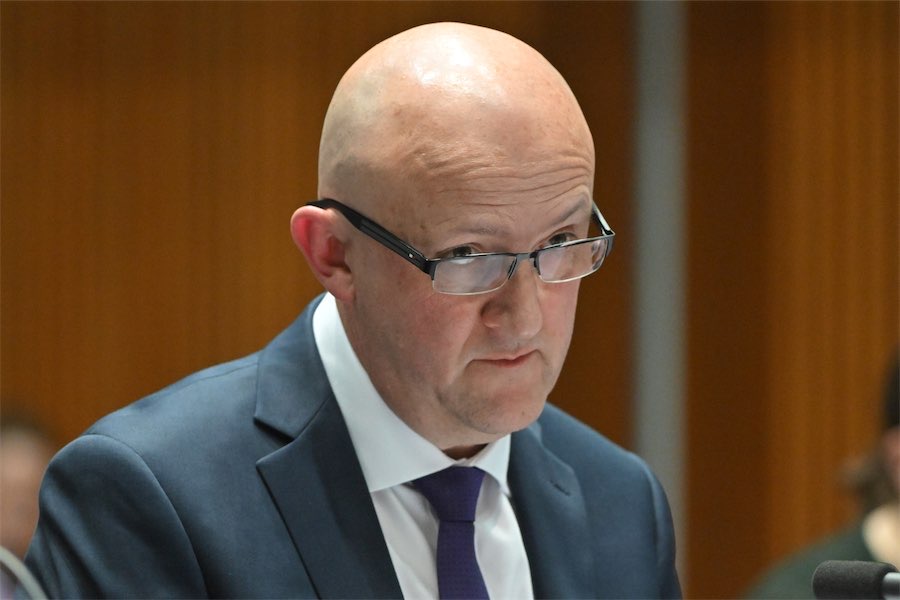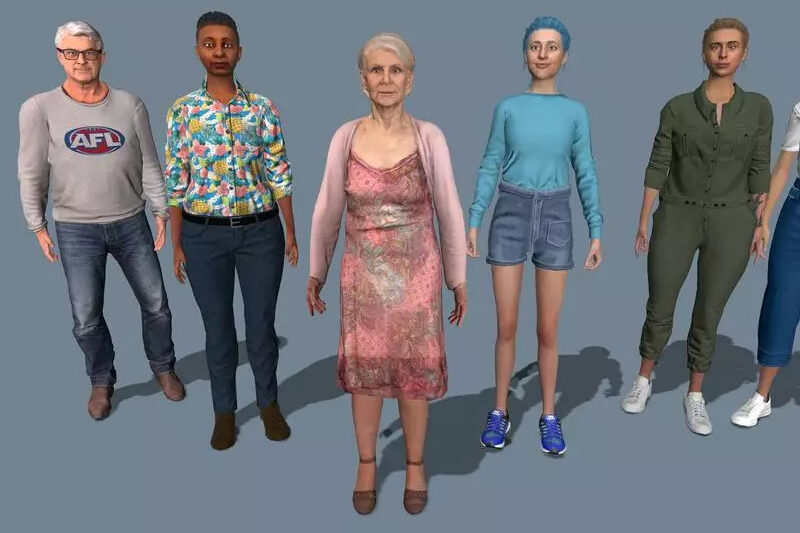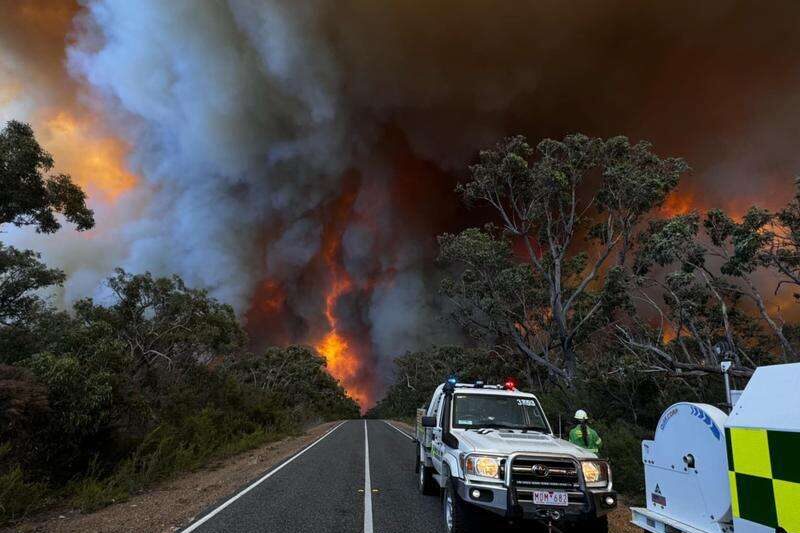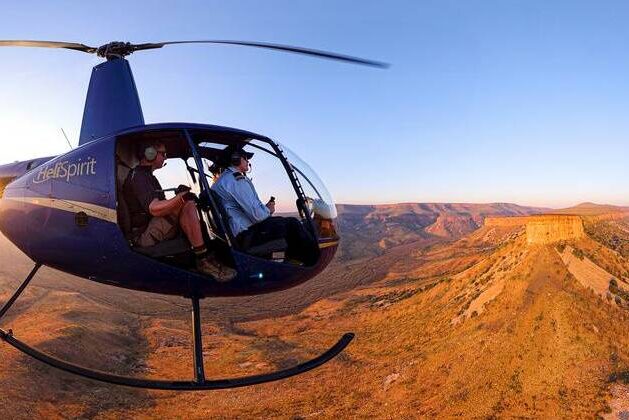
By Dominic Giannini in Canberra
Australia’s intelligence and security agencies are absorbing the fallout from wars in Ukraine and the Middle East, but the nation’s terror threat remains unchanged.
ASIO boss Mike Burgess used a rare public appearance to call for calm, with simmering fears of spontaneous violence.
“There’s no reason you should be concerned,” the spy boss said during Senate estimates.
Appearing before a separate committee, the head of the Office of National Intelligence said wars in Gaza and Ukraine were making it more complicated to protect Australia’s interests.
The risk of further escalation in the Middle East was very real, Andrew Shearer told the inquiry.
He also raised concerns about North Korea sending missiles to Russia.
“Simultaneously, trends relating to technological advances, cyber activity, espionage, foreign interference and transnational crime continue to shape the national security landscape and test our intelligence capabilities,” he said.
“We are seeing our long standing collective technological edge starting to erode and have to work harder and faster to remain competitive.”
Australia should learn from attacks against other democracies, opposition home affairs spokesman James Paterson said as half of the world’s population prepares to go to the polls this year.
There was greater scope to work with Taiwan and learn from its recent democratic election China tried to interfere in to better prepare Australia’s security response, Senator Paterson said.
“It was unprecedented in its scale but the Taiwanese seem to have successfully resisted that interference,” he told reporters in Canberra on Tuesday.
“There’ll be great, great lessons from that for Australia, we should be studying these elections very closely.”
The ASIO boss was also questioned about two Australians killed in southern Lebanon in December 2023.
Hezbollah, a militant group allied with Hamas and considered a terrorist organisation by the Australian government, claimed one of the slain men was a member.
Mr Burgess would not provide detail on the individual case, but spoke generally about the potential threat.
An Australian fighting for a terrorist organisation overseas was a potential concern but it depended on where they directed “the energy of their ideology,” he said.
“If that’s not against Australia … that’s not a direct threat to Australia or Australians,” he said.
The spy chief was also asked whether he was worried about nationwide protests against Israel’s war on Gaza.
A Liberal committee member raised the example of Jewish community members being told to go home during Shabbat prayers, with police concerned about potential violence.
Mr Burgess said while there were strong emotions about the Middle East, Australia’s terror threat covered the risk of spontaneous violence.
There was a difference between spontaneous violence and people who harboured violent ideologies, he said.
“We are concerned about, and continue to be concerned about, spontaneous violence and when different sides of protests come together, sometimes there is some heat,” he said.
“There have been a large number of protests, most of them have been peaceful, some have had situations that you’ve outlined but that doesn’t mean we raise the terrorism threat level.
“We focus on people with violent ideology that think that’s the answer for their political cause.”
Who can be trusted?
In a world of spin and confusion, there’s never been a more important time to support independent journalism in Canberra.
If you trust our work online and want to enforce the power of independent voices, I invite you to make a small contribution.
Every dollar of support is invested back into our journalism to help keep citynews.com.au strong and free.
Thank you,
Ian Meikle, editor





Leave a Reply